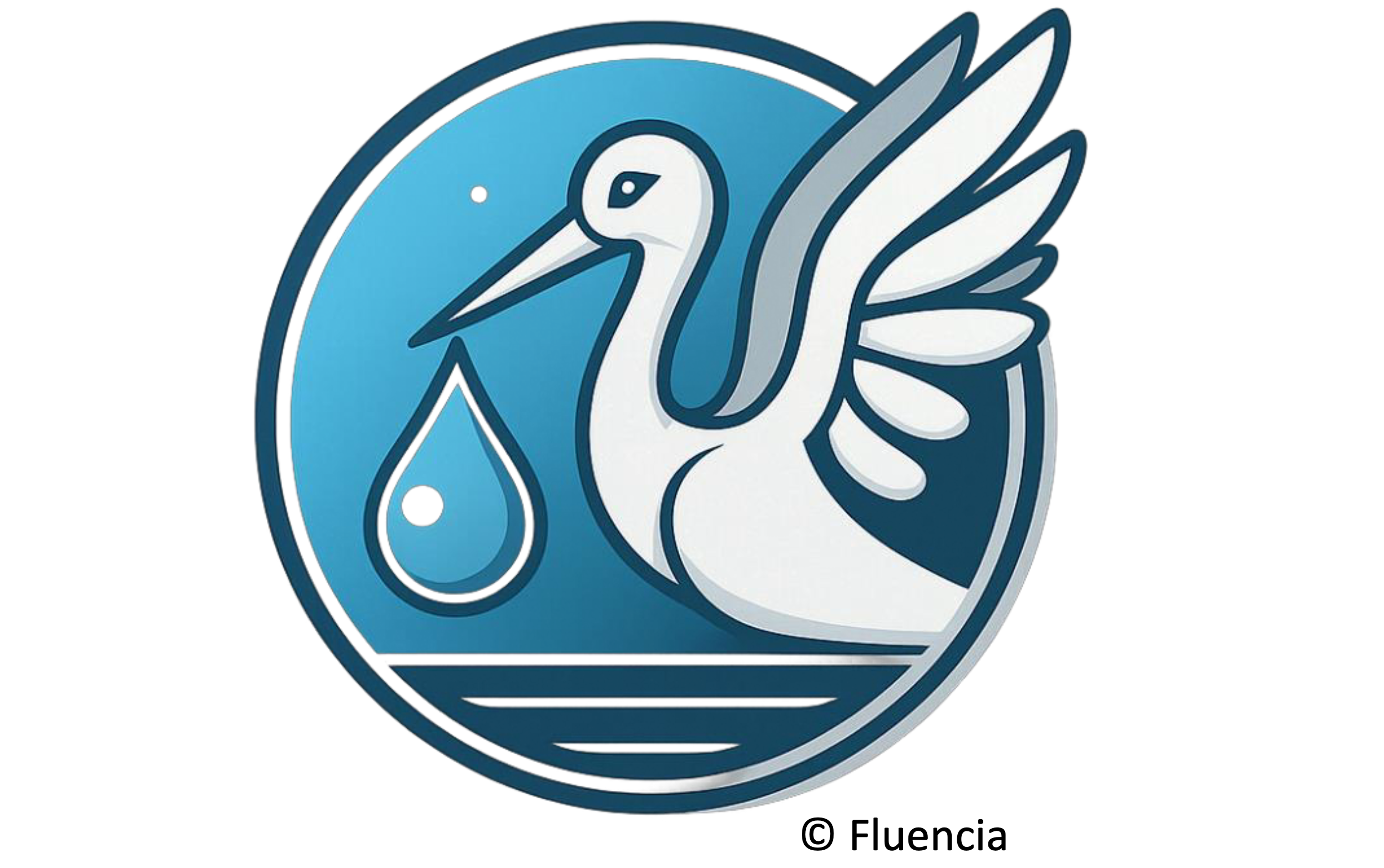
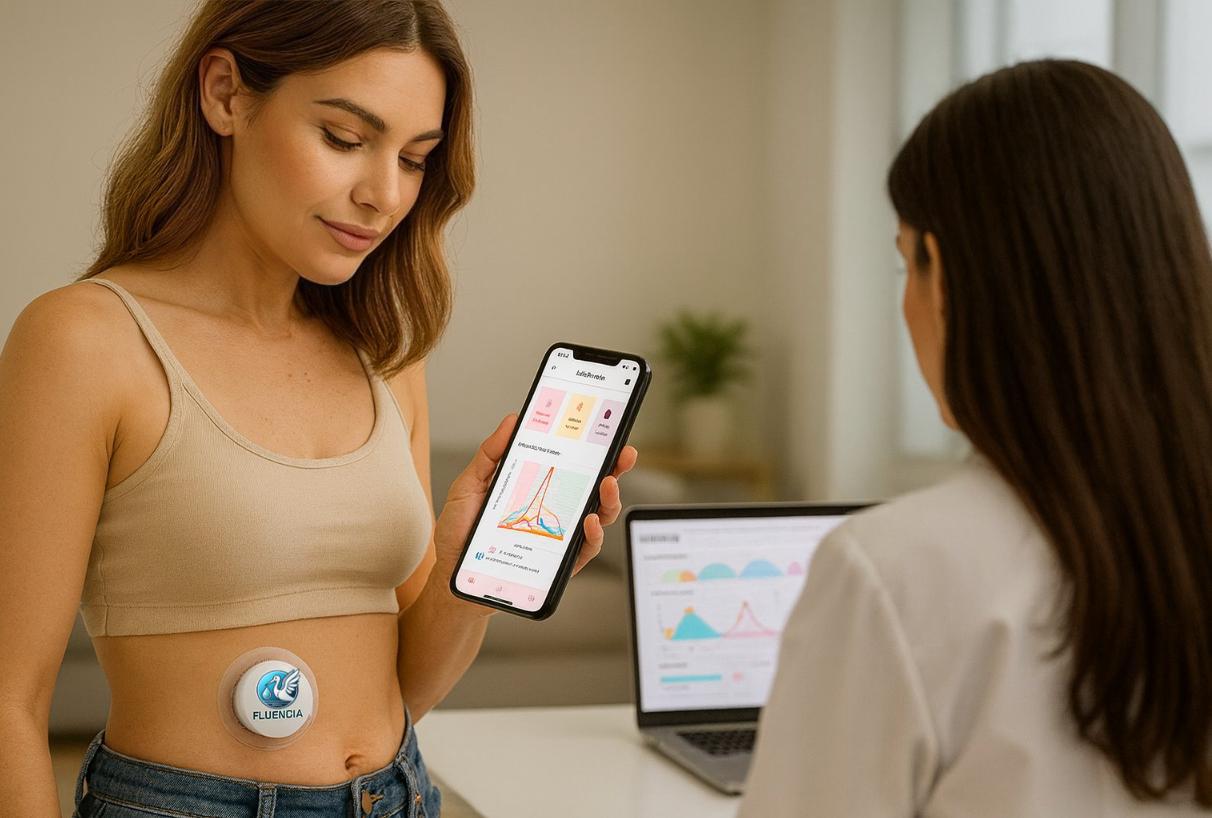
Female infertility is a growing challenge, particularly in Europe. While assisted reproduction (e.g., IVF) is widely available, outcomes often hinge on precise timing. Today, patients typically undergo repeated blood tests over several weeks, and hormonal therapy can carry risks such as ovarian hyperstimulation syndrome. Beyond infertility, conditions like premature ovarian insufficiency and menopause may also benefit from closer hormone surveillance to improve diagnosis, therapy, and quality of life.


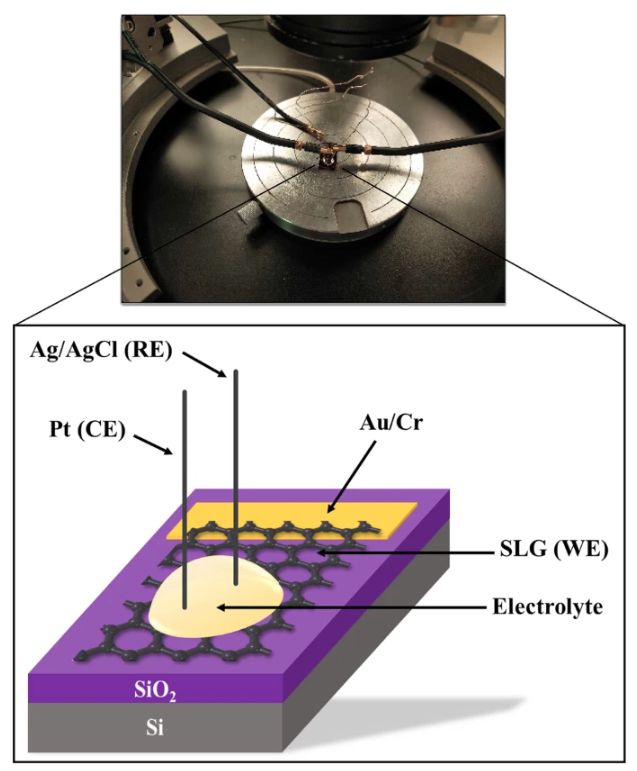

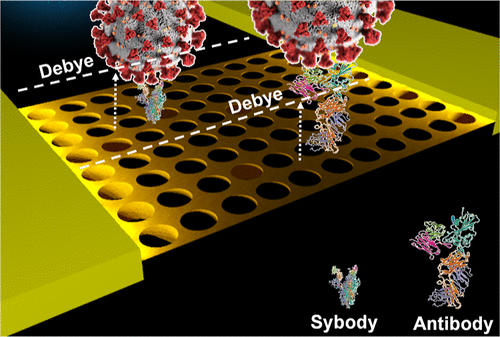



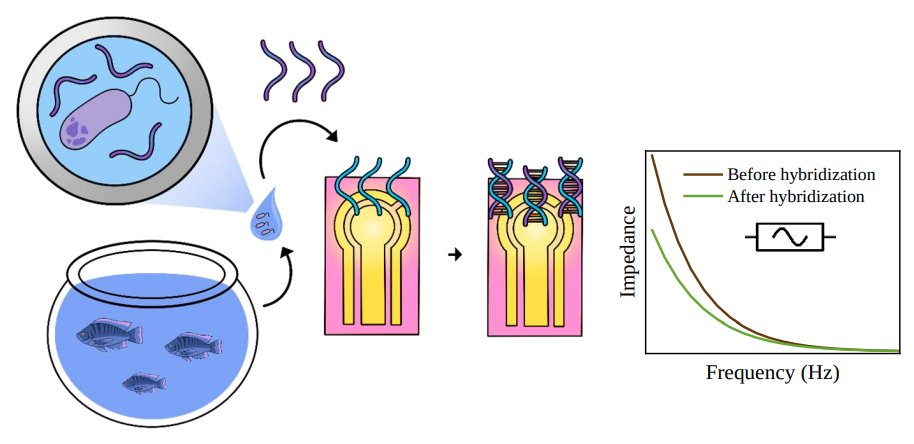



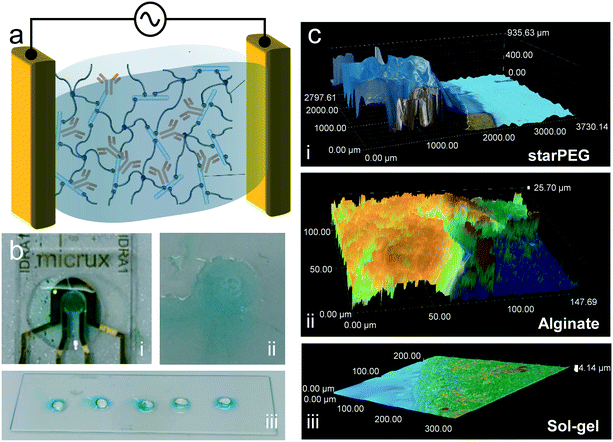

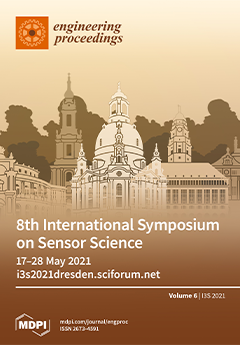

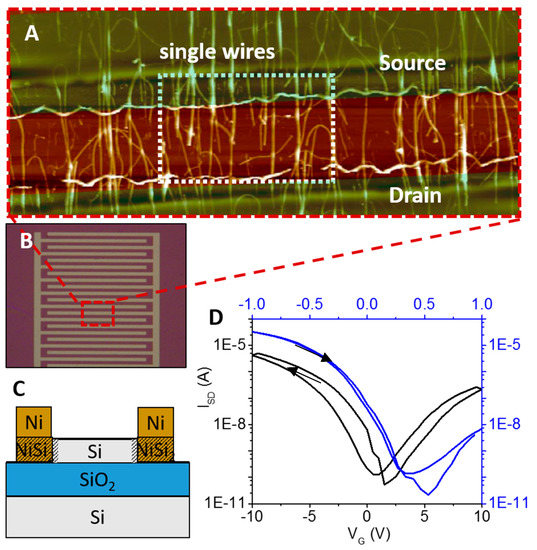



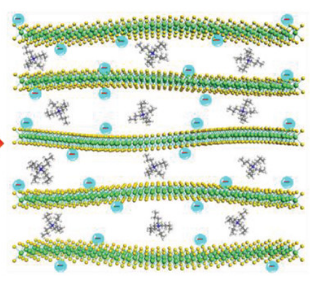



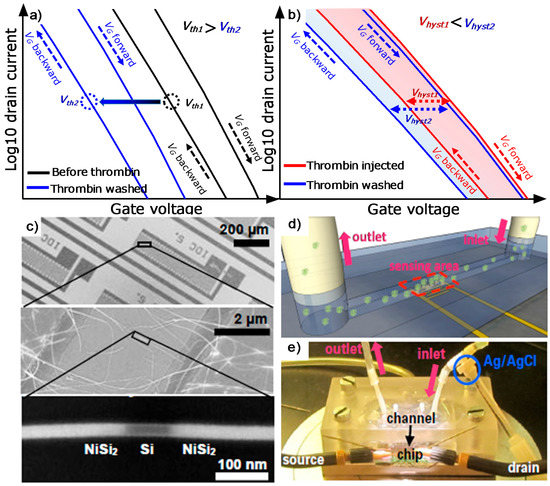

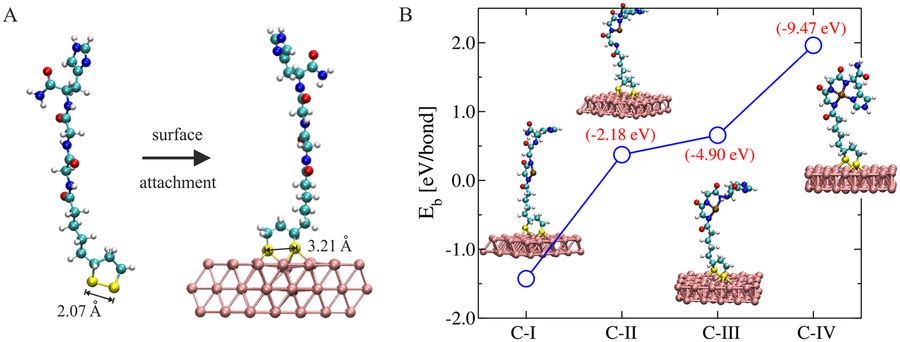

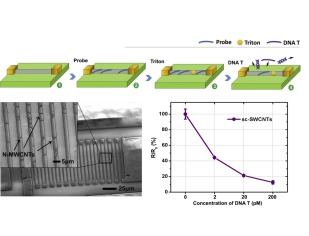



Female infertility is a growing challenge, particularly in Europe. While assisted reproduction (e.g., IVF) is widely available, outcomes often hinge on precise timing. Today, patients typically undergo repeated blood tests over several weeks, and hormonal therapy can carry risks such as ovarian hyperstimulation syndrome. Beyond infertility, conditions like premature ovarian insufficiency and menopause may also benefit from closer hormone surveillance to improve diagnosis, therapy, and quality of life.





























